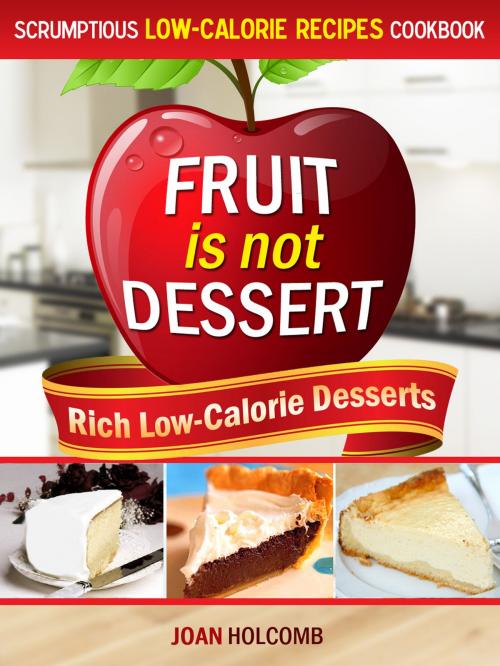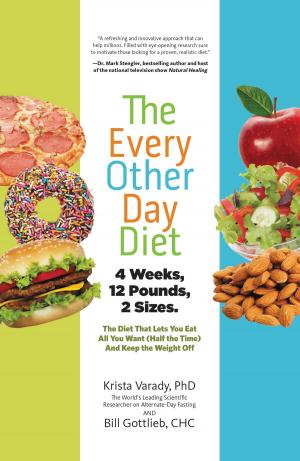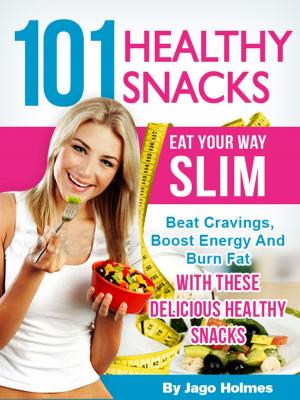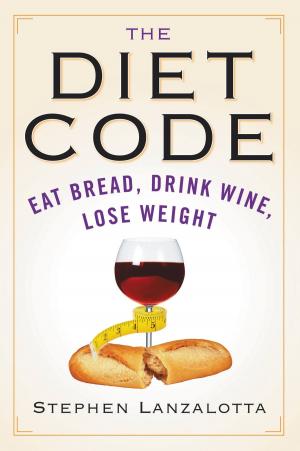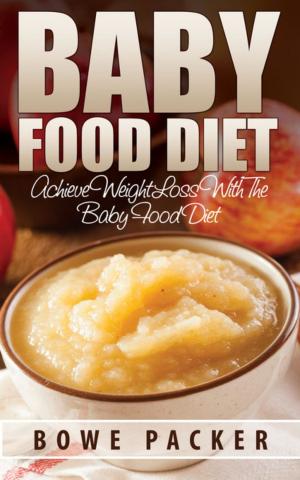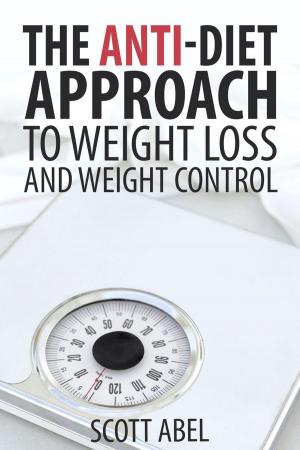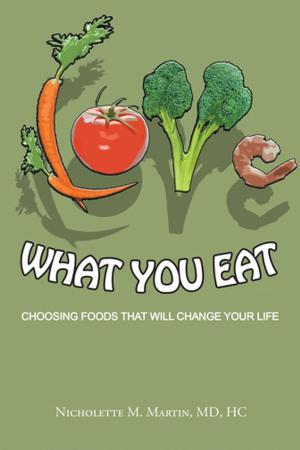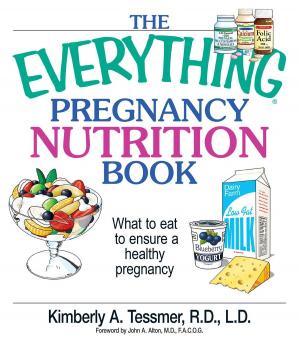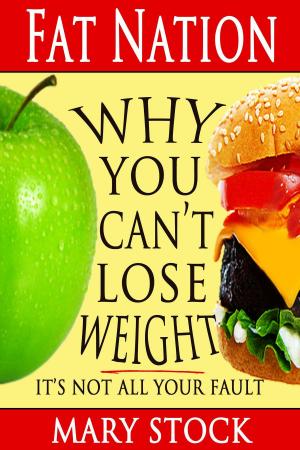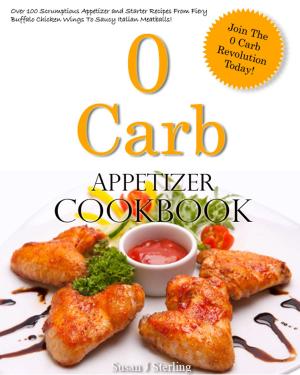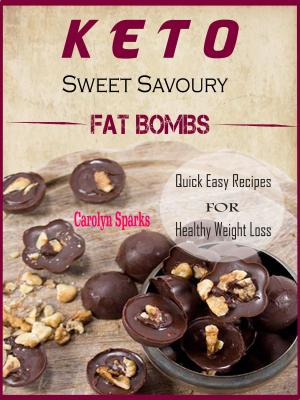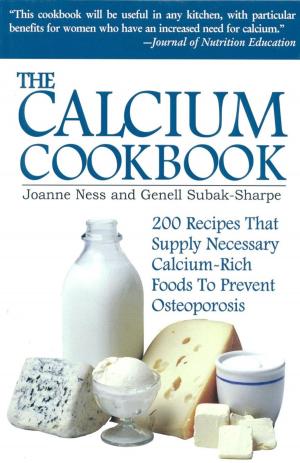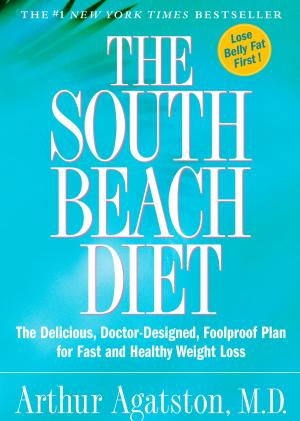Fruit Is Not Dessert: Rich Low-Calorie Desserts
Nonfiction, Food & Drink, Baking & Desserts, Desserts, Health & Well Being, Health, Nutrition & Diet, Diets| Author: | Joan Holcomb | ISBN: | 9781936881123 |
| Publisher: | FTL Publications | Publication: | January 20, 2013 |
| Imprint: | Smashwords Edition | Language: | English |
| Author: | Joan Holcomb |
| ISBN: | 9781936881123 |
| Publisher: | FTL Publications |
| Publication: | January 20, 2013 |
| Imprint: | Smashwords Edition |
| Language: | English |
One piece of advice often given to those in the midst of weight loss and weight maintenance is “eat fruit for dessert.” To my mind, this is one of the most ridiculous statements ever. Fruit is not a dessert. Fruit is a snack. Fruit can also be part of a meal. Fruit can be included in desserts, such as fruit in pies, cookies, or gelatin desserts, but fruit alone is not a dessert. A dessert is a food specifically prepared for the sole purpose of satisfying one’s sweet tooth. A dessert can have nutritional value, but if it does, that is simply a happy coincidence. Dessert is, as some nutritional experts have put it, “recreational food.”
This cookbook contains recipes which do just that—satisfy the sweet tooth. Some words of caution are in order, however. First, not all desserts appeal to every taste, so you may find that you favor some recipes over others. Second, when you follow a healthy, nutritious diet, after a while your tastes will change and you will find that food that you formerly enjoyed has now become too sweet for your taste. Before that happens, you may find low-fat, low-sugar, low-calorie foods to be bland, and that may happen here. If so, just save this cookbook until your tastes have changed. Third, remember dessert is a recreational food, and recreational foods should be limited to no more than 10% of your calorie intake per day. To put it more plainly, a low-calorie recipe is not an invitation to see how much dessert you can pack into your daily calorie goal. Nor is it an invitation to eat twice, three times, or ten times as much because it is low calorie. Most of your calories need to be devoted to nutritious foods, with dessert as a well-deserved reward for your efforts at the end of the day. And last of all, don’t play games with the food, particularly the one where you progressively eat more because the portions aren’t “even.” I did that myself in my overweight past, and it’s a lose-lose situation. Don’t worry about whether the portions are “even.” Do the best you can, realizing that some portions may be slightly smaller than the ideal size and some larger. They will balance out at the end.
Important note: the intended audience for this cookbook includes those who are looking for lower-fat, lesser-calorie alternatives to full-calorie foods. Those on an extremely calorie-restricted diet (1000 calories per day or less) or those on a low-carb diet may—or may not—find the recipes useful or applicable to them.
Disclaimer: The contents of this cookbook may not be construed as a medical diagnosis, treatment, advice, claim, or substitute for a physician's care. Consult a physician or other health care provider before starting a weight loss or exercise program. Joan's results are not typical, and she cannot guarantee you will have the same results. Your results are up to you!
One piece of advice often given to those in the midst of weight loss and weight maintenance is “eat fruit for dessert.” To my mind, this is one of the most ridiculous statements ever. Fruit is not a dessert. Fruit is a snack. Fruit can also be part of a meal. Fruit can be included in desserts, such as fruit in pies, cookies, or gelatin desserts, but fruit alone is not a dessert. A dessert is a food specifically prepared for the sole purpose of satisfying one’s sweet tooth. A dessert can have nutritional value, but if it does, that is simply a happy coincidence. Dessert is, as some nutritional experts have put it, “recreational food.”
This cookbook contains recipes which do just that—satisfy the sweet tooth. Some words of caution are in order, however. First, not all desserts appeal to every taste, so you may find that you favor some recipes over others. Second, when you follow a healthy, nutritious diet, after a while your tastes will change and you will find that food that you formerly enjoyed has now become too sweet for your taste. Before that happens, you may find low-fat, low-sugar, low-calorie foods to be bland, and that may happen here. If so, just save this cookbook until your tastes have changed. Third, remember dessert is a recreational food, and recreational foods should be limited to no more than 10% of your calorie intake per day. To put it more plainly, a low-calorie recipe is not an invitation to see how much dessert you can pack into your daily calorie goal. Nor is it an invitation to eat twice, three times, or ten times as much because it is low calorie. Most of your calories need to be devoted to nutritious foods, with dessert as a well-deserved reward for your efforts at the end of the day. And last of all, don’t play games with the food, particularly the one where you progressively eat more because the portions aren’t “even.” I did that myself in my overweight past, and it’s a lose-lose situation. Don’t worry about whether the portions are “even.” Do the best you can, realizing that some portions may be slightly smaller than the ideal size and some larger. They will balance out at the end.
Important note: the intended audience for this cookbook includes those who are looking for lower-fat, lesser-calorie alternatives to full-calorie foods. Those on an extremely calorie-restricted diet (1000 calories per day or less) or those on a low-carb diet may—or may not—find the recipes useful or applicable to them.
Disclaimer: The contents of this cookbook may not be construed as a medical diagnosis, treatment, advice, claim, or substitute for a physician's care. Consult a physician or other health care provider before starting a weight loss or exercise program. Joan's results are not typical, and she cannot guarantee you will have the same results. Your results are up to you!
